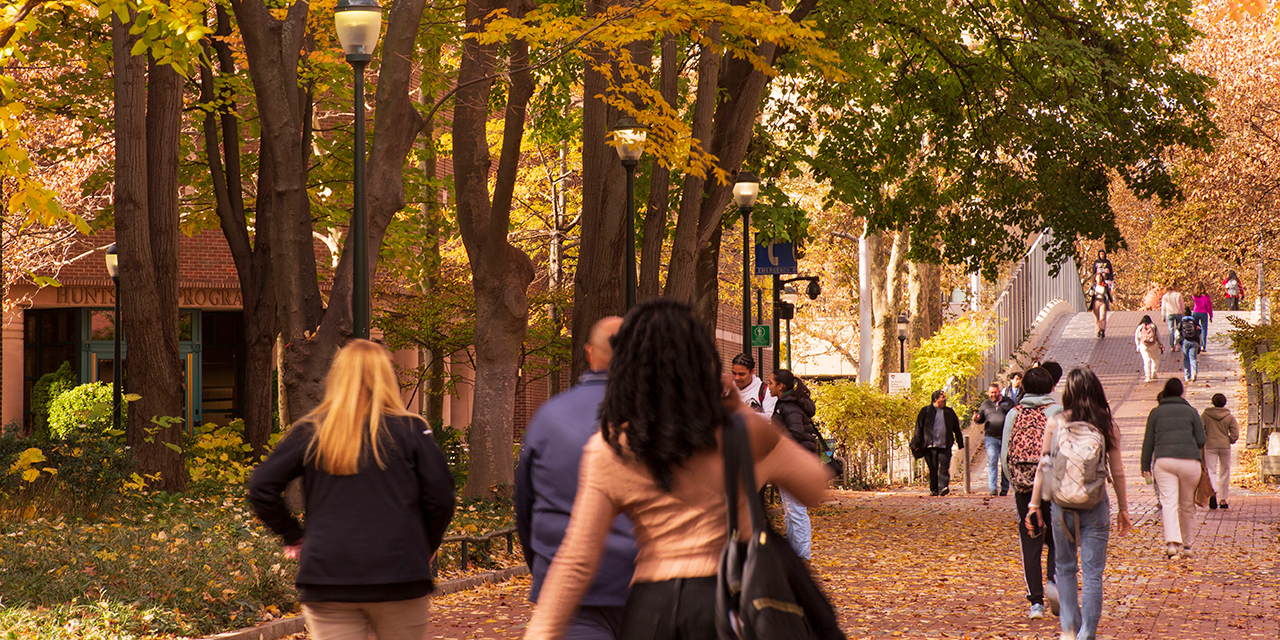In the written testimony they provided when appearing before Congress last week, Harvard’s Claudine Gay, Penn’s Liz Magill, and MIT’s Sally Kornbluth all made clear that anti-Semitism is a growing problem and claimed to be doing everything they could to confront it. They reiterated their views that the October 7 Hamas attacks that stoked this latest surge of anti-Semitism were “unjustifiable.” Yet some students (and faculty) at each of their institutions do justify Hamas’s atrocities. If these universities are committed to fighting campus Jew-hatred, and some students are openly celebrating Hamas’s murderousness on campus, why have these schools failed to do something about it?
Our hands are tied, the presidents claimed, by the principle of free speech. They would love to punish the Jew-haters for violating “the right of all our students to feel safe and included,” as Gay put it, but they are hamstrung by the need to “give broad protection to free expression—even expression that is offensive,” in Magill’s words. Even calling for the genocide of Jews, as New York representative Elise Stefanik pushed the presidents to admit, would technically not be a violation of their codes of conduct unless directed at a specific individual or inciting violence.
Under heavy fire from all sides, Gay and Magill (who has since resigned) backtracked on that admission, though it was an accurate expression of the ideal toward which these schools claim to strive. But the presidents’ position is no principled stand; it’s a dodge. If they were really interested in taking a Constitution-based approach to advancing speech in a content-neutral way, they could enforce constitutionally permissible limitations on speech known as “time, place, and manner” restrictions. In short: they could take a stand, not against disruptive speech but disruptive action.
Many anti-Israel agitators have violated with impunity rules regulating the times, places, and manners of expression. At Penn, for instance, students vandalized university buildings with anti-Israel messages and occupied them for hours. At Harvard, hordes invaded classes with bullhorn-amplified chants of “globalize the Intifada!” At MIT, students chanted “free, free Palestine!” in a math class. Dozens of similar incidents have piled up across the country, with students emboldened to keep exceeding the bounds of acceptable expression because they know that university leadership won’t stop them.
If they really wanted to, campus presidents could put a swift end to such intimidation with strict enforcement of content-neutral rules that anti-Israel students violate regularly. They could punish the individuals responsible for making campus a hostile place for Jews without discriminating based on the content of speech. Yet, they haven’t.
What is behind their inertia? Cowardice. They are afraid of upsetting a campus Left that cares little for decorum or decency (to say nothing of free speech). Pro-Hamas student hooligans have demonstrated that they can grind universities to a halt, always implying a threat of greater chaos should they meet resistance. On principle, these radicals deserve to be expelled—not for their words but for their actions. If university presidents are unwilling to go that far, they should at least reclaim order on their campuses by making clear that disruption and intimidation are not the equivalents of free speech and will not be tolerated on their campuses.
Photo by Boston Globe/Getty Images





